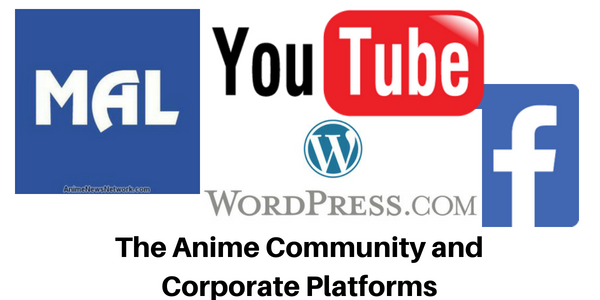 In the old days of the anime community (okay, not to old, old VHS days. Rather, the days before social media), private blogs and forums dominated. This wild-world of shanty-websites huddled across the various oases of fandoms had their own sheriffs and rules. People often traveled between these towns as word (pingbacks) spread of interesting articles.
In the old days of the anime community (okay, not to old, old VHS days. Rather, the days before social media), private blogs and forums dominated. This wild-world of shanty-websites huddled across the various oases of fandoms had their own sheriffs and rules. People often traveled between these towns as word (pingbacks) spread of interesting articles.
Today, these towns still exist with WordPress.com living on as a sprawling province of forgotten aniblogs with a few thriving districts. A few forums remain, turning inward as their users disappear for the glossy metropolises of Tumblr, Facebook, and the mega-city of YouTube. Privately-owned websites are still around, such as JP, but they struggle to pull attention from the likes of YouTube.
After all, YouTube anime videos can gather thousands, millions, of views while blogs like JP are lucky to gather a few thousand views. It only makes sense that centralized websites will attract more people. If you see a crowd huddled around something, natural curiosity will drive you to join them. People also go where the money is, and you can make bank if you work hard at being a YouTuber and have a sound content strategy (a regular schedule, a theme, a persona, good production value, and the like).

However, unlike the wild-days of aniblogging and website owning, you have to play by the ever-changing corporate rules. Your work is a means for Alphabet, the owner of YouTube and Google’s parent company, to make money. You may get a slice of it, but they determine how big of a slice. What’s more, these corporations determine what content and discussions you can have. You’ll find these clauses in the ever arcane privacy policy, terms of use, and conduct policies.
You own the copyright of your work, but the corporation that controls the platform has control of who finds your content and how it is distributed. Of course, the same problem existed when private blogs dominated. Search engines, and later Google, determined how people found your writing-house. But at the same time you still had greater control of how you appeared and what you could produce than in today’s corporate cities. Now you have to dance as they want. For example, YouTube wants you to produce longer videos more frequently. In the past, short frequent videos were the thing.
The 2017 YouTube adpocalyse, as people call it, resulted from corporate and advertiser decisions that hurt many creators. It showed how content creators were at the mercy of the platform. Many advertisers pulled ads from content they didn’t want associated with their products. Many anime videos, because the West still views anime’s fan service and the like as questionable, suffered from this. It’s likely to happen again. Likewise, the algorithm that determines what people see is subject to YouTube’s internal policies. While it is possible YouTube can hurt itself by running off creators, the company has enough inertia that it isn’t likely. Too many people want to be the next PewDiePie.
Corporations also see YouTube as another means to reach people with slick content as more of those people unplug cable television.
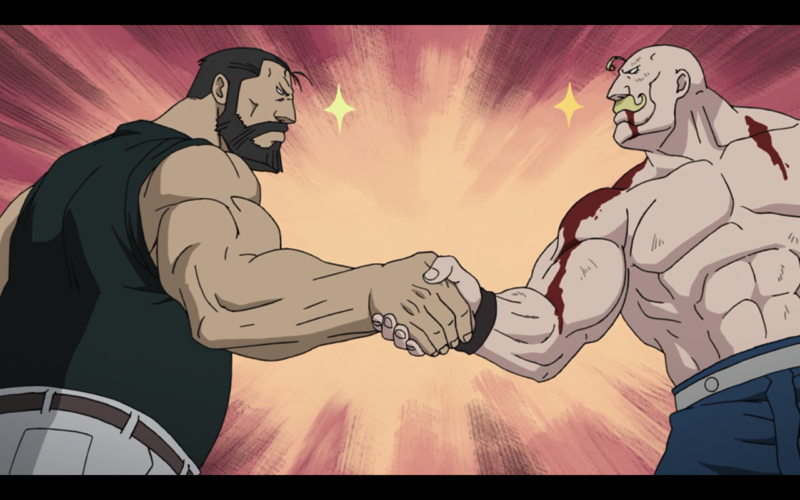
Facebook sees a similar issue for anibloggers. As FB tweaks their systems, pages struggle to show up on people’s feeds, even after that page is liked. Mainly that is because Facebook wants you to pay for visibility.
Tumblr shares the same policy issues as YouTube. Corporate platforms generally control how your content appears and what you can discuss. For most people, the controls are light, but you could be flagged if you discuss more sensitive topics in anime, even if the discussion is legitimate. Pinterest, for example, has shut down accounts that posted yaoi stories and images. I’m not sure how widespread it is, but I’ve known several people had their accounts blocked because of this. The action was under the guise of copyright, but Pinterest itself is a giant copyright violation when you get down to it.
Private blogs and forums give you more control over your content, but the fragmentation makes it harder for your content to be found. You also can’t make as much money if that is your goal. While corporate gardens force you to give up some autonomy, they do give you a chance for better exposure and better funding. I’ll admit that I have a sort of nostalgia about the old days of a fragmented Internet. Forums and blogs and websites were more lively. Communities could develop on and around something you built. Of course, you see this a bit on Youtube and on Facebook, but the volume of exposure also keeps these interactions from growing close.
However, on the positive side, advertisement has lessened in some circles of the Internet. As advertising outside the corporate landscapes becomes less profitable, we see less of it on blogs (except with the usual desperate, ad-laden pages that have been around since advertising took to the Internet). So in the end, I can’t say the corporate-controlled content cities we have are negative, but at the same time, they can control the content we access. Google and YouTube and others control the accessibility of content, rewarding some and punishing others. This isn’t always malicious. The algorithm can’t determine quality of content, so a blogger or some other website owner can be buried just because they don’t understand Search Engine Optimization. I’ve stumbled across old, ugly websites that shine with quality information, but they aren’t likely to appear within the top 20 pages on a Google search. And let’s be honest, how many of us look beyond the first or second page?
 It used to be you had to visit several different search engines to make sure you aren’t missing something. Google has become so dominate that most search engines follow their lead with only a few small variations in methodology. So a buried website tends to remain buried no matter what search engine you use. It’s all the more reason to use established platforms instead of strike out on your own. It takes a long time to get any sort of attention with SEO. If you don’t know how to optimize, your website won’t be found. Likewise, you are competing against YouTube and other social media. So instead of competing, you may have better luck playing in the garden. But, again, that leaves your work at the mercy of the policy makers.
It used to be you had to visit several different search engines to make sure you aren’t missing something. Google has become so dominate that most search engines follow their lead with only a few small variations in methodology. So a buried website tends to remain buried no matter what search engine you use. It’s all the more reason to use established platforms instead of strike out on your own. It takes a long time to get any sort of attention with SEO. If you don’t know how to optimize, your website won’t be found. Likewise, you are competing against YouTube and other social media. So instead of competing, you may have better luck playing in the garden. But, again, that leaves your work at the mercy of the policy makers.
What’s more, we don’t know what exists beyond what’s served to us. Some of the best information is hidden from search engines.
I believe the Internet was healthier when it was fragmented and the large tech companies had less control. Search engines had to fight and innovate. Blogs, forums, and chat software were social media, but generally had a focus. However, most systems centralize over time because of efficiency and because only a few systems work best. After a point, they reach a critical mass where if you want to succeed you have to join them.
It may seem I’m miffed about YouTube and the like. I actually don’t care for watching videos all that often. I’d rather read an article–mainly because I read faster than the average run time of a YouTube video. But I’m not miffed. I’m concerned about the state of the Internet as it becomes dominated by larger corporations. Don’t get me wrong. The early Web wasn’t all great, and it had its own corporate giants–Yahoo and AOL and Microsoft and Netscape. However, the consolidation of content to a few platforms leaves communities at the mercy of those platforms. Eventually–even inevitably–those platforms will change or disappear. What then? Can you imagine the anime community without YouTube or MAL?
Centralization won’t reverse until those hubs collapse. By then the damage will be done. On the positive side, centralization has helped anime become mainstream. It is no longer a niche as it once was. Fans find each other more easily, and there’s more content out there. In the end, Alphabet and the like will do what makes money for their shareholders. That, and not the freedom of content, drives their decisions.


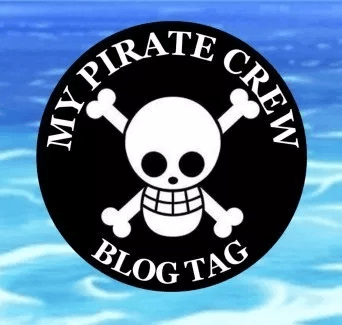

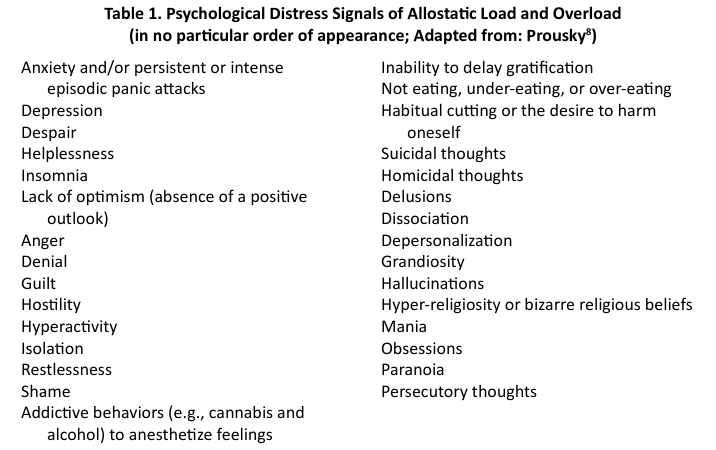
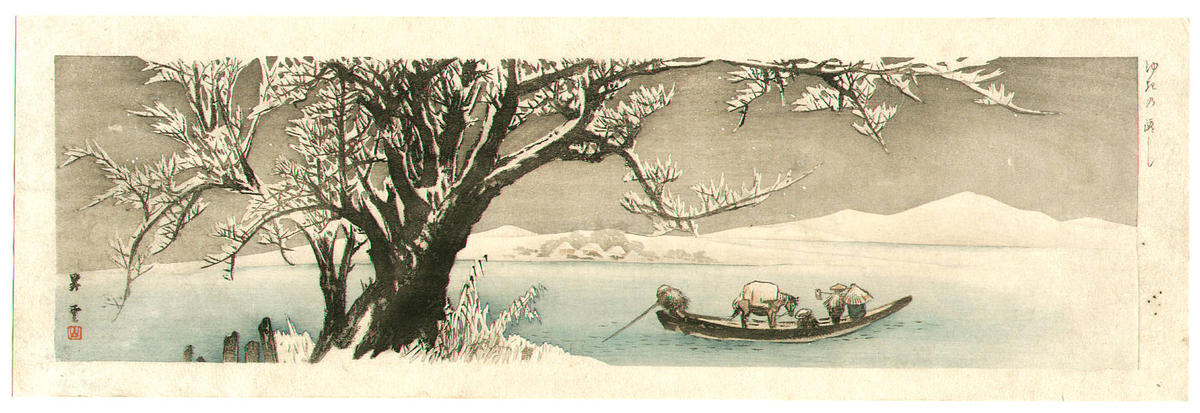
I know what you mean about centralization, but at the same time, that seems to be the way to go if you want a readership these days. Also video seems to be the wave of the future, as much as I don’t like it.
It seems to be where everything is going. Video certainly dominates media lately along with bit-sized content on Instagram. I wonder how long it will take for the pendulum to swing back to long-form articles.